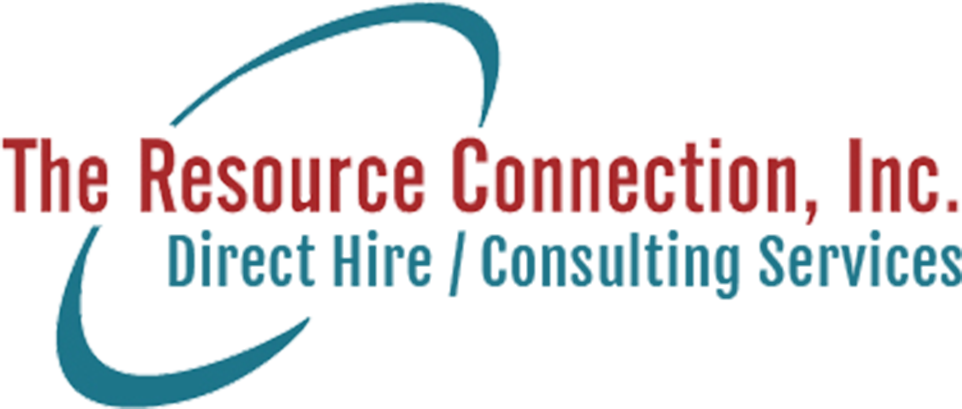Informational interviews are informal meetings between a candidate interested in a specific type of career path or role, and an individual working in that field. The purpose of an informational interview is not to obtain a job directly through the individual being interviewed. Rather, it is to learn more about a career or industry of interest.
Benefits of Informational Interviews
Whether you are job hunting, attending job interviews, switching careers, or looking to advance in your career, an informational interview can benefit you in every career aspect. It is a good strategy to pursue informational interviews after preliminary research online. Informational interviews can help you:
- Obtain real-time information about a career, type of job, or industry you are interested in from a person that is working directly in the field.
- Get to know firsthand about the work culture of a specific organization that you are interested in.
- Learn insider tips about the best ways to identify job opportunities in the field.
- Discover new careers and employment opportunities that you may not have known or thought of before.
- Start forming a professional network within your field of interest.
How to Identify and Approach People for an Informational Interview?
- Start with your existing contacts even if they do not belong to the career, industry, or organization you are interested in. These contacts can lead you to individuals of interest.
- Visit a library. Directories such as a Book of Lists provide names of popular employers in key urban areas. Use these details to gather contacts.
- Get in touch with your alumni network. Use professional networks such as LinkedIn to find your alumni in case you do not have any such contacts.
- Check if your university has an alumni network and use it to make contacts.
- Use online tools such as The Business Finder to find contacts in your industry of interest.
- Send an email or call the person once you discover the right contact. Introduce yourself and state your purpose. Mention how you got his or her contact details. Communicate your need for their guidance. And then ask if they can make time for an informational interview.
- Keep the message short – whether you are speaking or sending an email. Request a short meeting, about 20 to 30 minutes. Individuals with busy schedules will be more willing to meet if you are not going to be disrupting their day.
Prepare for your Informational Interview
Prepare a list of questions that you would like to ask. Here are some sample questions if you are looking at a specific job profile:
- What are your key responsibilities?
- Describe the different decisions you get to make on the job?
- What aspect of your work keeps you going?
- What aspect of the work frustrates you?
- Can you tell me about your top accomplishments on the job?
- What are the education levels and skills needed for the job?
- What would be your advice to people considering your job or industry?
- Could I ask you for additional contacts in this field?
Appear for the Informational Interview
- Dress as you would do for traditional job interviews.
- Be punctual.
- Start with general topics to break the ice.
- Stop within the time agreed upon.
Follow-Up
- Keep a record of what you have learned through the interview.
- Thank the individual by sending an email.
- Be in touch with the person by updating them about your career path.
In Conclusion
An informational interview can earn you an excellent referral, which can help you in your job interviews. Every informational interview equips you with more knowledge and skills for your dream job.
The Resource Connection, Inc. (TRC) has been in the business of recruiting the right talent for clients in Massachusetts and southern New Hampshire for over 30 years. We fill temporary help, temp-to-hire, and direct-hire positions with the right job seekers.
As one of the leading staffing agencies in Greater Boston and the North Shore, TRC is the preferred hiring vendor for a variety of positions, including office and administrative, customer service, HR support, legal, finance, accounting, and more.

